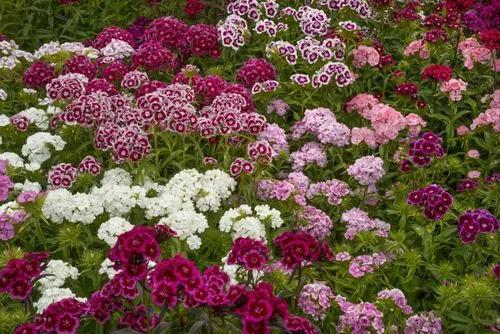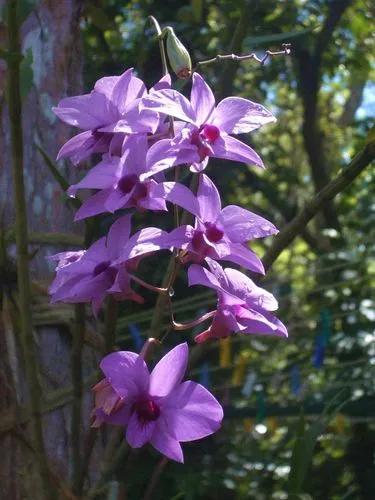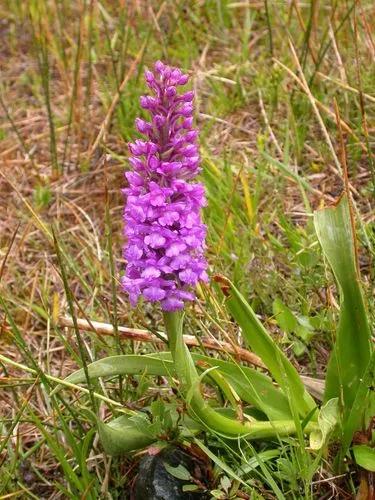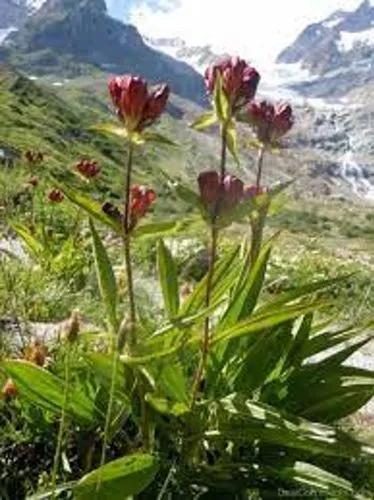G. flavum is an erect, rosette-forming, hairy, short-lived perennial, often grown as a biennial, with pinnate, deeply-divided, rought, blue- to grey-green leaves and branched stems bearing golden yellow or orange flowers in summer.
Horned-poppy Care
Glaucium Flavum



What is the plant
It's considered invasive in Massachusetts.
How to Care for the Plant

Water

Water copiously just after planting.

Pruning

How to prune: Dead leaves and bloom stems

Sunlight

It cannot grow in the shade
Ease your plant care routine with PlantIn's personalized system.

Soil

Suitable for: light (sandy), medium (loamy) and heavy (clay) soils and prefers well-drained soil. Suitable pH: acid, neutral and basic (alkaline) soils.

Temperature

A very ornamental but short-lived perennial, it is hardy to about -10°c

Additional

Roots are toxic if ingested. Prolonged contact may cause skin irritation. If using as an external herbal application, use with caution and only on unbroken skin.
Ease your plant care routine with PlantIn's personalized system.

Popularity

125 people already have this plant 21 people have added this plant to their wishlists
What's wrong with your plant?
Related Plants
Discover more plants with the list below
Popular articles






